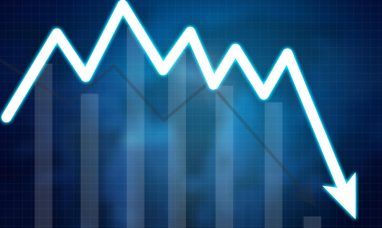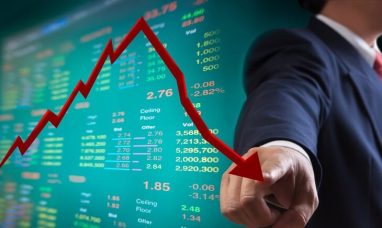Apple Stock (NASDAQ:AAPL)
Apple (NASDAQ:AAPL) significantly underperformed street revenue predictions when it published its December 2022 quarterly earnings. The biggest reason was a $6 billion drop in iPhone sales over the previous year, primarily owing to Chinese production shutdowns caused by the coronavirus. As a result, the new iPhone line is expected to generate significant growth later this year, but Apple may need to rethink its smartphone offers for shares to reach new highs.
Apple’s annual iPhone announcement last year was a little different than usual. Only the 14 Pro models received the yearly upgrade to their chipsets, which was the A16 Bionic. The two entry-level models retained the A15 Bionic chipset from the previous year. Some claim this was due to semiconductor supply difficulties, while others claim Apple intended to separate the Pro lineup further. As the table below illustrates, the Pro models received their normal performance boost, while the standard models only received a little update.
Apple’s next batch of smartphones, the 15 series, is likely to be released in approximately five months. Current assumptions are that the two base models will receive an upgrade to the A16 chip used in last year’s Pro models, but if the current naming system holds, the Pro models will receive the A17. Tech experts are also waiting to see if Apple will include a new Sony LIDAR scanner in the whole iPhone 15 lineup, or if it will only be available in the Pro models, further isolating the high-end line.
Apple has raised the prices of its iPhone series over the last few years. Consumers are paying more for certain phones than they did a few years ago, whether it’s due to component cost inflation or the shift to larger screens.
I’m looking forward to seeing what Apple’s lineup looks like this year. Because there was no mini-14, will the firm only keep the 13 and 14, or will the 14 Plus or Pro join the lineup? Furthermore, the SE will have been on the market for a year and a half, and it isn’t a particularly impressive phone to begin with. As a result, with last year’s models not receiving a chipset upgrade and this year’s base two models still using last year’s CPU, this could be the poorest overall iPhone portfolio in years.
Normally, I wouldn’t be concerned if Apple announced a possibly weaker-than-usual smartphone selection. Some years will undoubtedly be better than others. However, with the possibility of a US recession later this year, it could be a bigger issue, especially given recent price increases. We’ve already seen some slowdown in retail sales recently, so consumers may be hesitant to purchase a new phone, especially if it has obsolete specifications.
A couple of million iPhone sales here and there may not seem like much, but they quickly pile up. This might result in billions of dollars in missed revenue, especially if add-on items or services aren’t acquired in tandem. Analyst predictions call for accelerating revenue growth following the September fiscal period, thus street expectations appear to be a tad high right now.
Some readers may argue that the year-ago comparison is simpler to beat because of last year’s dismal holiday quarter. While this is accurate to some extent, due to the way the calendar fell, it was also a 14-week quarter. As a result, Apple had an extra sales day during the period, which offsets some of the missed sales due to supply chain difficulties. I’d be more optimistic now if the revenue average for the important holiday season in 2023 was in the mid-single digits rather than just shy of double digits.
So far this year, Apple stock has performed admirably. However, the stock has gone ahead of itself in the short term, trading well above its 50-day moving average. As a result, stocks have fallen somewhat in the last two weeks, while the S&P 500 has gained little. Apple closed last week less than $5 below the current average price target on the street, signaling that shares are currently properly valued. Of course, those valuations are dependent on the aforesaid estimations, and if they fall, we can expect price targets to fall as well.
As we begin to consider this year’s iPhone line debut, Apple finds itself in an unusual position. Because of the split of the Pro versions last year, this year’s overall sales lineup could be the worst in a long time. Currently, this means that if the US does experience a recession, there may be some room for disappointment, especially because economists expect overall revenues to rebound. While I still favor Apple stock as a long-term investment, I would not buy shares now with risks for later this year skewed to the downside.
Featured Image: Unsplash @ weista

















